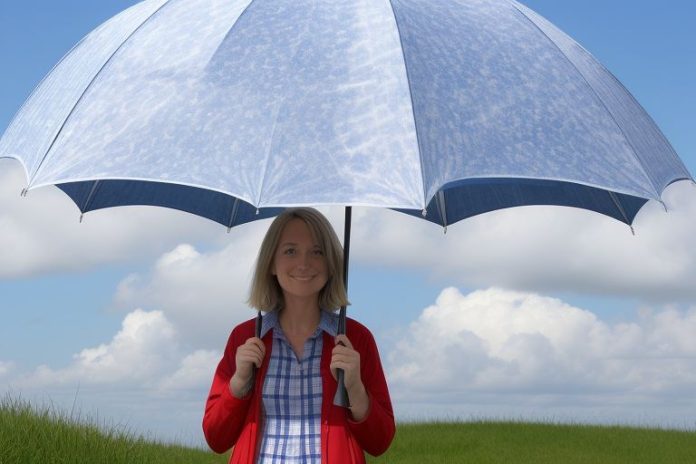Welcome to our guide on understanding today’s weather forecast! Have you ever looked out the window in the morning and wondered, “What is the weather today?” Well, you’re not alone. Weather affects our daily lives in countless ways, from deciding what to wear to planning outdoor activities. In this article, we’ll delve into the intricacies of weather forecasting, helping you interpret those daily predictions with confidence.
Understanding Weather Forecast
Weather forecast refers to the prediction of future atmospheric conditions in a specific area. It’s like peering into a crystal ball, but with science instead of magic. Meteorologists analyze various factors to anticipate changes in temperature, precipitation, wind speed, and more.
Factors Affecting Weather
The weather isn’t arbitrary; it’s influenced by a myriad of factors, including:
- Temperature: The warmth or coldness of the air.
- Humidity: The amount of moisture in the air.
- Pressure: The force exerted by the air molecules.
- Wind: The movement of air masses.
- Precipitation: Rain, snow, sleet, or hail falling from the sky.
- Topography: The shape of the land, which can affect local weather patterns.
Types of Weather Conditions
Weather can be classified into various conditions, each with its own characteristics:
- Clear and Sunny: Bright skies with no clouds.
- Partly Cloudy: A mix of sun and clouds.
- Cloudy: Overcast skies with no direct sunlight.
- Rainy: Precipitation falling from the sky.
- Snowy: Frozen precipitation in the form of snowflakes.
How Weather Forecasts Are Made
Meteorologists employ advanced technology and scientific models to make weather predictions. They collect data from satellites, weather stations, radar systems, and other sources. This information is then analyzed and used to create forecasts based on atmospheric patterns and trends.
Importance of Weather Forecasting
Weather forecasting is more than just predicting whether to bring an umbrella. It plays a crucial role in various sectors, including agriculture, transportation, and emergency preparedness. Accurate forecasts help farmers plan their crops, airlines adjust flight schedules, and communities brace for severe weather events.
Tips for Checking the Weather
Now that you understand the basics of weather forecasting, here are some tips for checking the weather effectively:
- Use Reliable Sources: Rely on trusted weather websites, apps, or local news stations for accurate forecasts.
- Consider Location: Weather can vary significantly from one area to another, so choose a source that provides forecasts for your specific location.
- Check Regularly: Weather conditions can change rapidly, so check the forecast regularly, especially before outdoor activities or travel.
Impact of Weather on Daily Life
Weather has a profound impact on our daily lives, influencing everything from our mood to our plans. Rainy days may dampen outdoor activities, while sunny weather can lift our spirits and encourage outdoor adventures. By understanding the weather forecast, we can better prepare for whatever Mother Nature throws our way.
Conclusion
In conclusion, the weather affects us all, whether we realize it or not. By understanding how weather forecasts are made and interpreting them effectively, we can navigate our daily lives with confidence. So the next time you ask yourself, “What is the weather today?” remember, with a little knowledge, you can be your own weather forecaster!
FAQs
1. Why is weather forecasting important?
Weather forecasting is crucial for various reasons, including safety, planning, and economic stability. Accurate forecasts help us prepare for severe weather events, plan outdoor activities, and make informed decisions in agriculture and transportation.
2. How far in advance can weather be forecasted?
The accuracy of weather forecasts decreases as the forecast period extends. Typically, forecasts are most reliable up to seven days in advance, with shorter-term forecasts being more accurate.
3. Can weather forecasts change?
Yes, weather forecasts can change based on new data and atmospheric conditions. Meteorologists continuously monitor weather patterns and update forecasts accordingly to provide the most accurate information.
4. What is the difference between weather and climate?
Weather refers to short-term atmospheric conditions, such as temperature, precipitation, and wind, over a specific period and location. Climate, on the other hand, refers to long-term patterns and averages of weather conditions in a particular region over decades or centuries.
5. How can I stay informed about the weather?
Stay informed about the weather by using reliable weather apps, websites, or tuning in to local news stations. Additionally, consider signing up for weather alerts and notifications to receive timely updates on changing weather conditions in your area.

